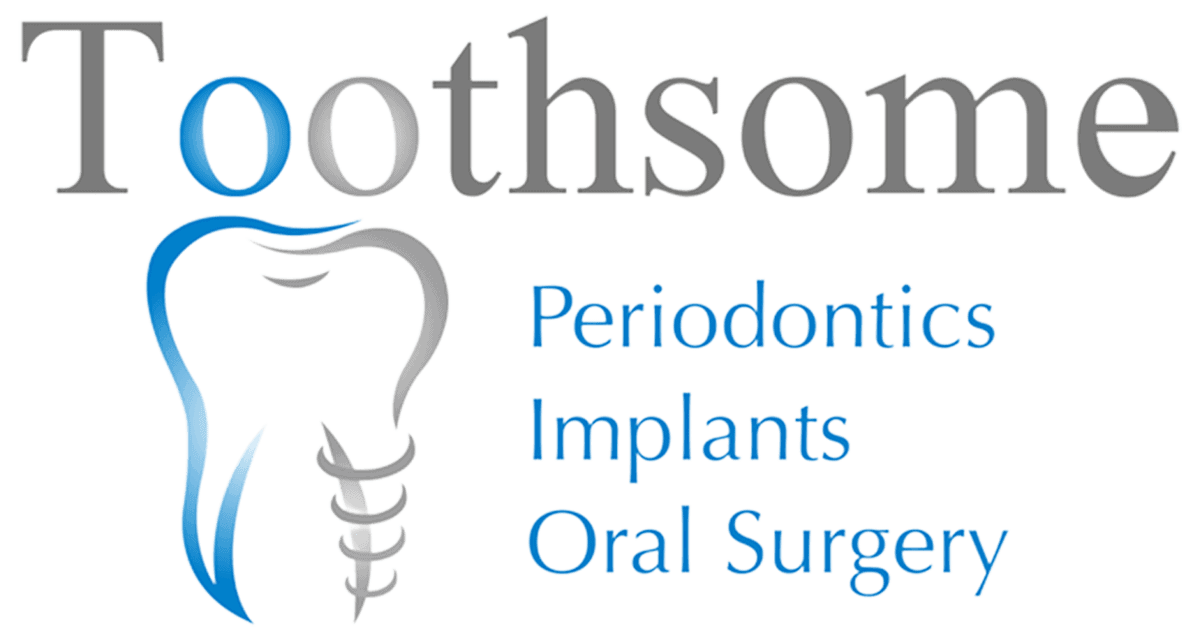
Wisdom tooth pain is a common dental problem our dentists see at Toothsome. For many patients, there is insufficient space in their jaw for their wisdom teeth to fully erupt through their gums. Occasionally, a wisdom tooth can become impacted, placing pressure on the molar next to it. These dental issues can result in bacteria and food debris becoming trapped around the wisdom tooth, causing an infection called pericoronitis.
The gums around the wisdom tooth become swollen and tender because of the infection and cause extreme pain. Because the muscles that control your jaw are close to the swelling, opening and closing your mouth is uncomfortable. Biting down is also painful because the pressure from the partner tooth on the opposite dental arch presses on the swelling. So how do you find wisdom tooth pain relief?
Signs of Wisdom Teeth Pain
When a wisdom tooth becomes impacted, pain and discomfort aren’t the only signs there might be a problem. There are other symptoms to look for:
- Swollen, red, or bleeding gums: caused by added pressure on the back teeth and gums.
- Bad breath: impacted wisdom teeth can often irritate the sinuses, causing you to breathe more through your mouth, especially when sleeping. This causes dry mouth and can lead to bacterial buildup and halitosis.
- A bad taste in the mouth: when bacteria breed in the mouth, infections, tooth decay, and cysts can form. These conditions not only cause halitosis but are often accompanied by an unpleasant taste that lingers in the mouth.
- Pain when chewing and opening the mouth: the swelling that accompanies wisdom tooth pain often causes the muscles in your jaw to become swollen, stiff, and painful, as well. This makes it difficult to open or close the mouth, and chewing becomes painful.
These symptoms may last days, weeks, or months, but you should check with your dentist when you first notice a problem. They can determine if you need wisdom tooth surgery or provide advice about other methods to alleviate your wisdom tooth pain.
Complications from Wisdom Tooth Impaction
Impacted wisdom teeth can be a cause of other serious conditions, too.
- Infections from bacterial buildup in an impacted wisdom tooth can cause pain and swelling but also spread through the jaw, mouth and upper respiratory tract. In rare cases, that infection could also travel throughout the bloodstream and lead to sepsis.
- Tooth decay is common in partially impacted wisdom teeth due to bacteria and food particles that collect in the pockets created by swollen and inflamed gums.
- Cysts may develop when a tooth becomes impacted. Each wisdom tooth develops within a sac in the jawbone. The sac can fill with fluid when the tooth becomes impacted and form a cyst.
- An abscess can develop without a cyst, as well. When bacteria enter the pulp, they travel down to the root and can collect at the tooth’s root tip in the jawbone.
- Gum disease is a serious condition caused by plaque buildup on a tooth. Because wisdom teeth are often only partially erupted, they are hard to clean and are especially prone to plaque buildup. Once this sticky substance hardens, it becomes tartar and begins to eat away at the tooth enamel, inflaming the gums and resulting in gingivitis.
How to Get Wisdom Tooth Pain Relief at Home?
If you are experiencing wisdom tooth pain and can’t see your dentist immediately, there are a few things you can try at home to alleviate your discomfort.
- Take ibuprofen to reduce the swelling.
- Rinse with a saline solution to combat the infection.
- Use a medicated mouthwash to fight gum disease.
- Apply a numbing gel containing benzocaine to the affected gum tissue to stop pain perception.
- Apply an ice pack wrapped in a towel against your jaw for 20 minutes at a time to reduce swelling.
Why Wisdom Tooth Extraction is the Best Pain Relief Option?
The most effective way to alleviate wisdom tooth pain is with extraction. There are two general types of wisdom tooth surgery: simple and complex.
Simple wisdom tooth surgery
A simple extraction is prescribed when the tooth has fully emerged from the gums, adversely impacting the adjacent teeth, causing crowding and tooth decay.
During a simple wisdom tooth surgery, your dentist numbs the area with a local anaesthetic and then uses a dental elevator to loosen the tooth from the connective tissue. They then use forceps to remove the tooth from the socket. This procedure does not require sutures and the recovery time is typically shorter than a complex extraction.
Complex wisdom tooth surgery
 A complex extraction is recommended for impact wisdom teeth that have only partially erupted or not emerged from the gum line. A complex wisdom tooth surgery is performed under general anaesthesia and requires admittance to a dental hospital.
A complex extraction is recommended for impact wisdom teeth that have only partially erupted or not emerged from the gum line. A complex wisdom tooth surgery is performed under general anaesthesia and requires admittance to a dental hospital.
Your dentist incises the gum tissue to expose the impacted tooth. There may be a small amount of bone that has grown over the tooth; the dentist will remove this before sectioning the tooth for easy removal. Once the tooth is removed, your dentist sutures the site and packs it with gauze to help with clotting.
Wisdom Tooth Pain Relief After Surgery
After wisdom tooth surgery, following your dentist’s aftercare instructions is crucial to facilitate a fast, complication-free recovery and minimise wisdom tooth pain.
- Rest with your head elevated on a pillow to promote drainage away from the wound site and prevent swelling.
- Avoid strenuous activities involving bending or lifting to prevent increased cranial pressure.
- Eat a soft, nutrient-dense diet to encourage wound healing.
- Avoid drinking through a straw or smoking as the negative pressure inside your mouth can dislodge the blood clot leading to a painful secondary condition called dry socket.
Alleviate Wisdom Tooth Pain at Toothsome
If you are experiencing wisdom tooth pain due to impaction and want to know how to get rid of wisdom tooth pain, contact Toothsome using our online booking form or call us on (02) 8203 8786 for a consultation at one of our three Sydney locations. Our experienced dental team can evaluate your oral health and recommend treatment options to offer wisdom tooth pain relief.
Note: Any surgical or invasive procedure carries risks. Before proceeding, you should seek a second opinion from an appropriately qualified health practitioner.
References
Identifying and treating impacted wisdom teeth
https://www.healthline.com/health/wisdom-teeth-pain-relief#pain Wisdom Teeth
https://www.mouthhealthy.org/en/az-topics/w/wisdom-teeth What to know about a wisdom tooth infection
https://www.medicalnewstoday.com/articles/wisdom-tooth-infection Removing Wisdom Teeth
https://www.healthdirect.gov.au/surgery/removing-wisdom-teeth


